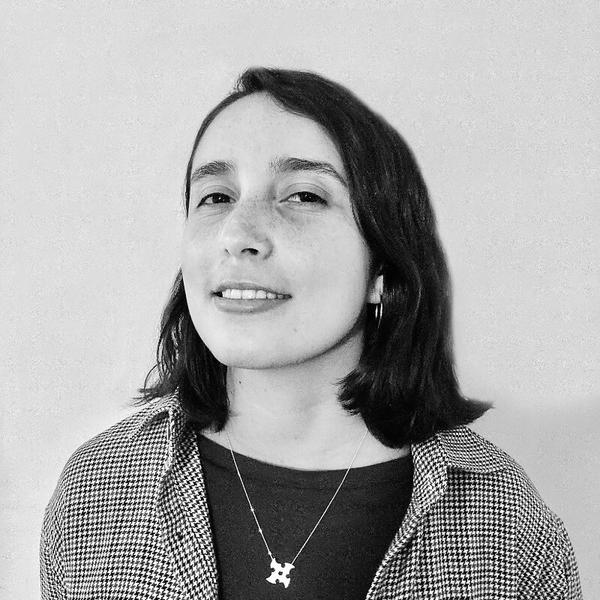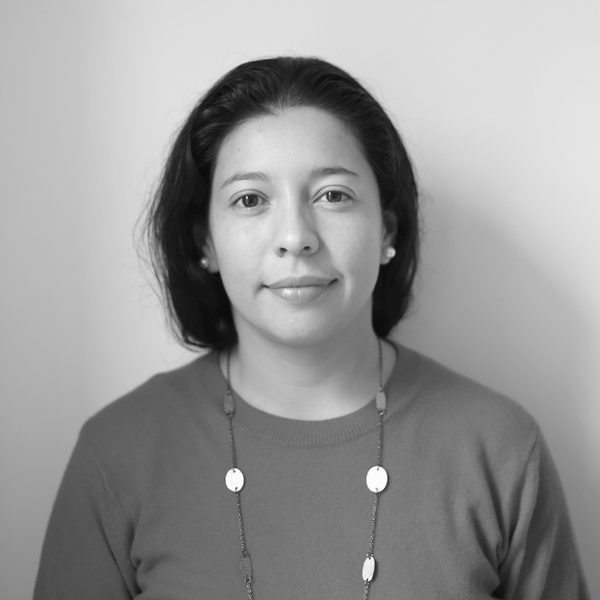Valparaíso: Human Rights in the Port City
22 March 2023
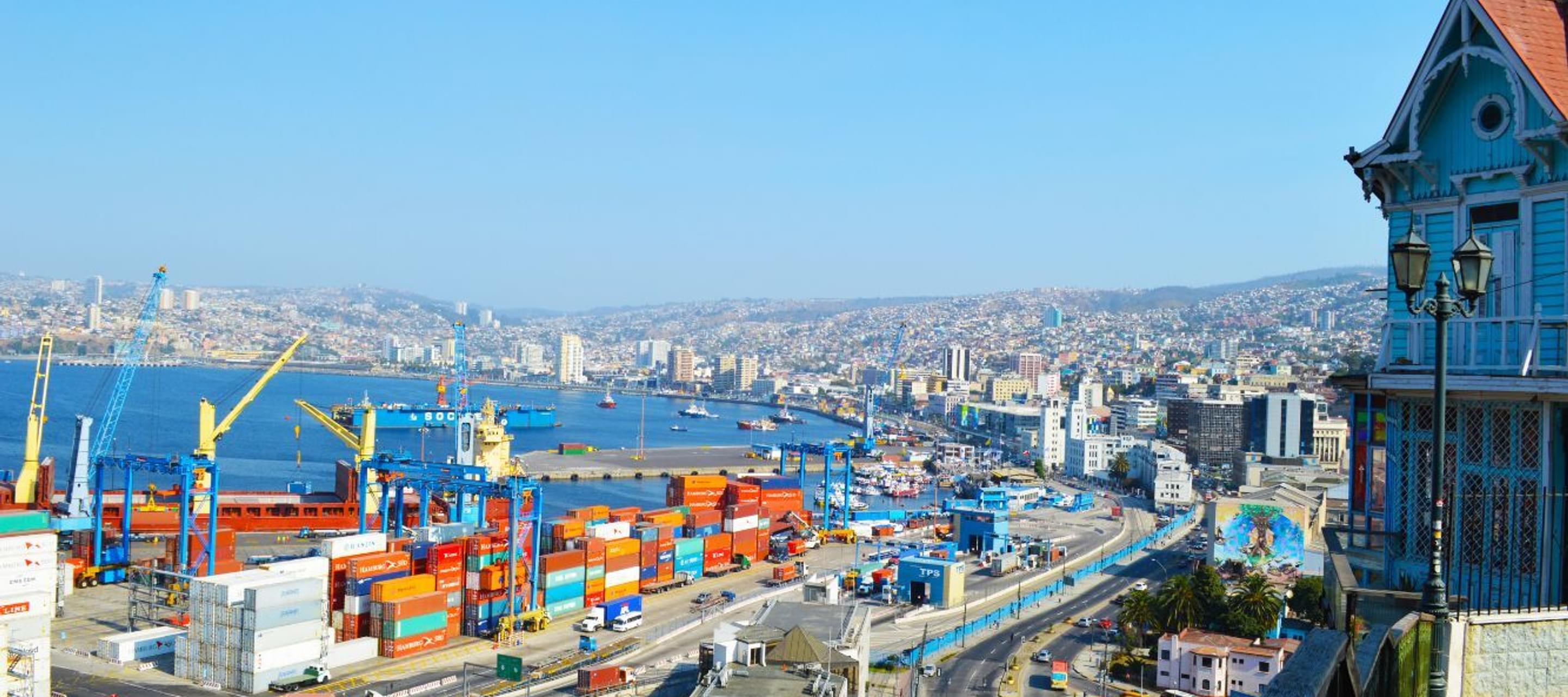
Cities are often where people experience the impacts of climate change and of climate action, which can raise living costs and socio-economic inequalities.
In a series of local research cycles, IHRB is spotlighting eight cities, focusing on their built environment decarbonisation and resilience plans. This research series asks: how is each city minimising the negative social consequences of climate action, and maximising the positive impacts that built environment can have for inhabitants and the environment? And what are recommended actions from the government, investors, and the private sector?
Valparaíso summary report
This study summarises the results of research focused on the city of Valparaíso in Chile, and the built environment sector's significant role in its economy as well as its human rights impacts, both positive and negative. Chile's ecological transition efforts –to decarbonise and move to more sustainable forms of energy– are supported by national policies, but there are challenges in embedding existing human rights commitments into that transition, especially at the city level.
In line with national trends, Valparaíso faces a housing deficit, and environmental risks within informal settlements. Complex decision-making and governance issues, socio-spatial inequalities due to port-city dynamics, and housing challenges exacerbated by climate change, as well as gentrification in the touristic ‘Cerros’ all contribute to the current situation. Recommendations include proposals for enhancing public participation in decision-making, developing alliances to address socio-spatial inequalities, and upholding housing rights through sustainable and inclusive urban planning.
Findings revealed
- Achieving a just transition in Valparaíso’s built environment will require enhanced participation in decision-making processes bringing all actors together to rethink the approach to addressing societal inequalities. It is also important to do inclusive and sustainable urban planning that prioritises tenants’ protections and construction workers’ safety and wellbeing.
- In terms of process, inadequate and superficial community engagement in urban (re)development projects impedes progress towards a resilient and equitable environment, and risks exacerbating existing social issues.
- Meaningful citizen participation processes that include all concerned stakeholders, voices and interests, and use open and transparent dialogue have the potential to reach positive outcomes for all. Tackling socio-spatial inequalities is imperative.
- Valparaíso’s challenges are rooted in its evolving role as a port city and the legacy of dictatorship in the country, leading to economic downturns and injustices impacting communities and the built environment. The local focus port expansion, tourism, and cultural heritage, while promoting economic growth, has concurrently resulted in gentrification and displacement of less affluent and less powerful residents.
- Ensuring the protection of the right to adequate housing in Valparaíso must be a greater priority. Pressing issues are housing deficit in terms of quantity and quality and the predominance of private land ownership without controls on housing prices/ rents. Evidence from Valparaíso illustrates a decline in housing access, leading to increased informality and residential precarity, compounded by heightened susceptibility to floods and fires. This underscores the importance of holistic housing policy that not only provides subsidies and additional housing, but that focuses on renovation, decarbonisation and curbing real estate profit extractions.
Visioning workshop
On 12 December 2023, stakeholders across different sectors of the built environment gathered at Parque Cultural de Valparaiso. The workshop, organised by IHRB and local researchers, aimed to create a shared vision for socially inclusive climate action in Valparaiso's built environment.
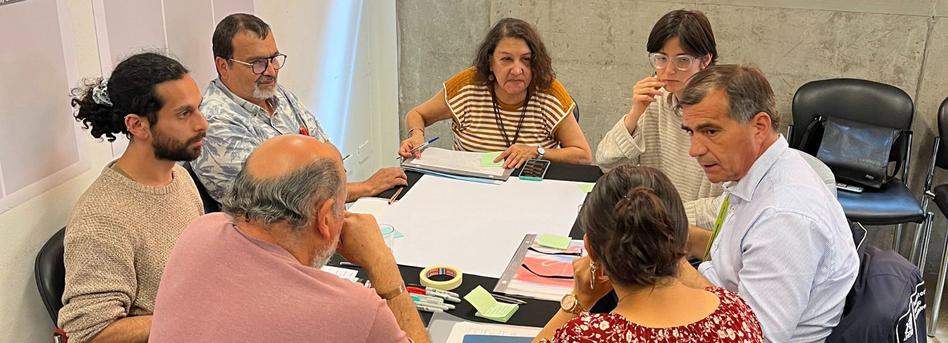
Cities of the future
Visions for a just and climate-resilient built environment
We commissioned young artists in Valparaíso, Athens, Lisbon, Lagos, Jakarta, Prague, Copenhagen and Melbourne to bring the visions of a fairer, greener future for each city to life through visual art pieces that can serve as a unifying vision for a locally-grounded, fairer transitions.
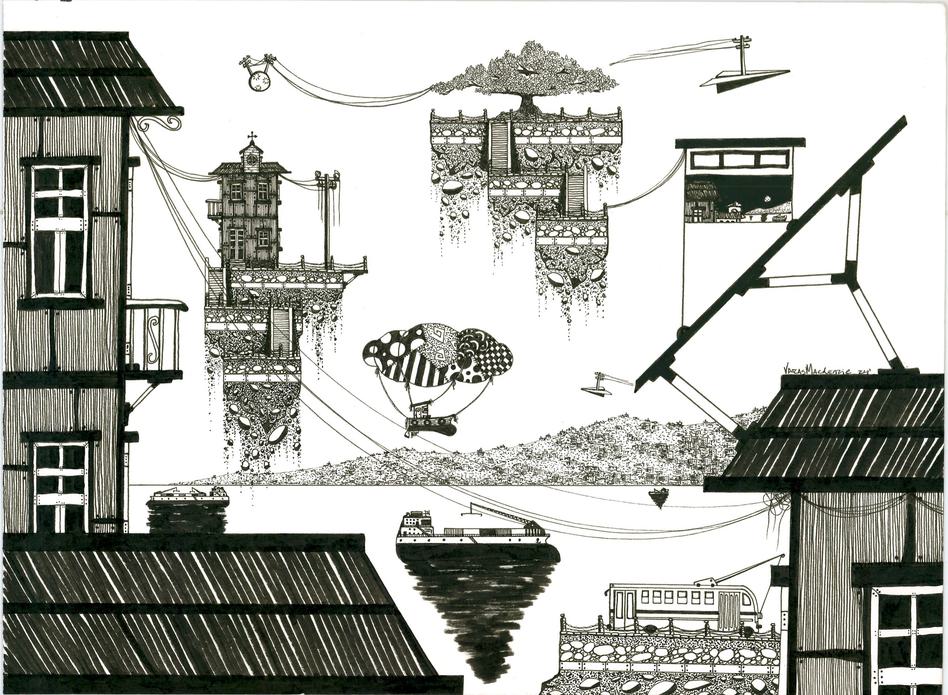
Valparaíso by Sebastián Varas Mackenzie
The Building for Today and the Future project
These research summaries are part of The Building for Today and the Future project, which benefits from guidance and insights from its thematic partners including ICLEI - Local Governments for Sustainability, Building and Woodworkers International, and the International Union of Tenants.
The Building for Today and the Future project is made possible with support from Laudes Foundation and Ove Arup Foundation.
